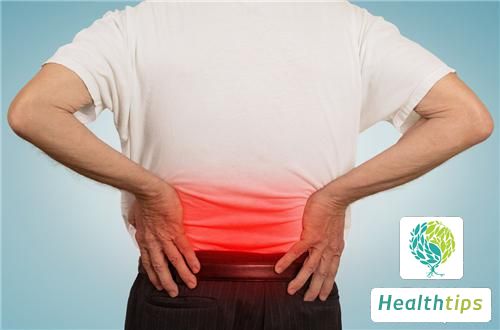Can Childhood Mesenteric Lymphadenitis Resolve Itself?
Mesenteric Lymphadenitis in Children

Mesenteric lymphadenitis is a common digestive system disease in children. It mainly occurs because children need more food during growth and development, but their digestive capacity is not yet perfect, leading to symptoms such as fever, abdominal pain, vomiting, and nausea. It is important to promptly address these symptoms by applying warm compresses to the abdomen. If symptoms persist, anti-inflammatory and antibacterial medications can be used. Some people also believe that mesenteric lymphadenitis is a self-limiting disease that can heal itself. Let's explore whether mesenteric lymphadenitis in children can heal itself.
Treatment Options for Mesenteric Lymphadenitis in Children
1. Mesenteric lymphadenitis in children may improve without treatment, but it is still necessary to manage its related symptoms such as fever, pain, and inflammation. Here are some treatment methods for mesenteric lymphadenitis in children:
2. General treatment for mesenteric lymphadenitis includes antibiotics, analgesics, and anti-inflammatory drugs. There are also alternative treatment methods that can help combat the disease with fewer side effects compared to the main treatments. Here are some alternative treatment options for children with mesenteric lymphadenitis:
Combating Infection
The main cause of mesenteric lymphadenitis is infection. Therefore, preventive treatment is recommended to improve the immune system. In addition, alternative treatments can be used after infection to assist in resisting the infection. The diet should include various immune-boosting ingredients such as garlic with anti-inflammatory properties, apple cider vinegar with immunomodulatory properties, honey for reducing swelling and pain, and turmeric for its anti-inflammatory effects.
Vitamins and Minerals
Vitamins and minerals are also used as preventive measures for mesenteric lymphadenitis. These agents help the body resist infection and also have antioxidant properties.
Liquid Intake
Since mesenteric lymphadenitis directly affects the gastrointestinal system, symptoms may include diarrhea. Adequate liquid intake is necessary to maintain fluid volume and reduce the risk of hypovolemic shock. The liquids should also include electrolytes necessary for normal body functions.
Warm Compresses
Warm compresses involve applying heat to the affected area to improve blood circulation and reduce swelling. Using warm compresses on the abdomen can help treat mesenteric lymphadenitis by improving blood supply and reducing lymphadenopathy. This can help alleviate symptoms of pain and inflammation.
Exercise
Exercise helps supply fresh oxygen to organs, which aids in energy production. Additionally, exercise for mesenteric lymphadenitis improves lymphatic flow, effectively clearing waste from the lymph nodes.
Rest
As the body fights mesenteric lymphadenitis, it is important to rest adequately. Rest provides the body with energy reserves and helps fight infection more effectively. Additionally, resting the body can reduce symptoms of fatigue.



















